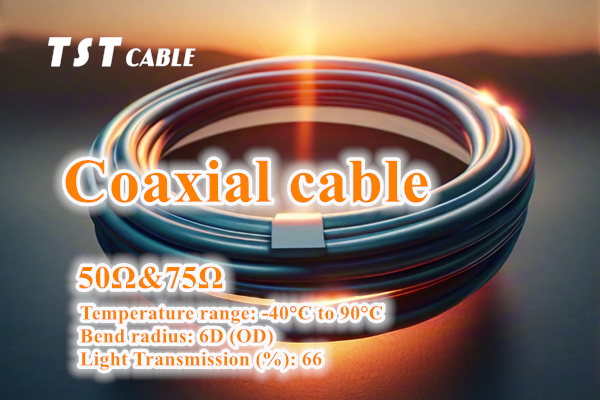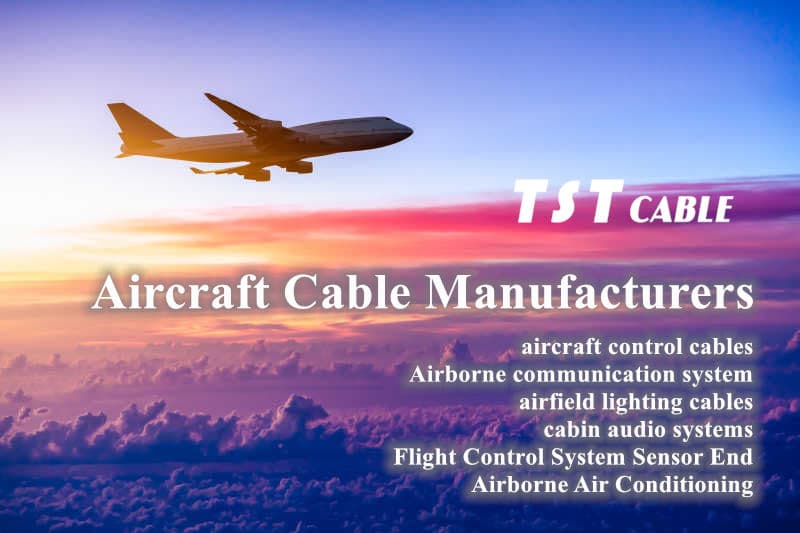
Coaxial cable, as a widely used in all kinds of communication and information transmission field transmission medium, with its excellent signal transmission quality and anti-interference ability in the field of electronic communication occupies an important position. This article will introduce the classification of coaxial cable, application scenarios and its advantages, and its future development prospects.
First, the classification and characteristics of coaxial cable
Coaxial cable can be divided into various types according to its different characteristics such as diameter, shielding layer material and transmission frequency. Among them, the most common are the two types of cables with a diameter of 50Ω and 75Ω, which are suitable for baseband and broadband transmission, respectively. The two types of coaxial cables each have their own advantages and application scenarios.
| Type | Advantages | Applicable Scenarios |
| 50Ω Baseband Coaxial cable | Higher transmission rate and lower cost | Computer network, communication system |
| 75Ω Wideband Coaxial cable | Wide transmission bandwidth and high interference immunity | Cable TV, broadband access |

Second, coaxial cable application scene
Coaxial cable has a wide range of applications in the field of communications, computer networks, radio and television.
1.Communication field
Coaxial cable is a telephone line, broadband line and cable TV line commonly used transmission medium, such as China’s use of telephone lines is based on 0.5mm diameter coaxial cable.
2.Computer network
Coaxial cable was once the main transmission medium for local area networks (LAN), such as 10Base2 (thinnet) and 10Base5 (thicknet). Nowadays, although fiber optics and twisted pair cable have replaced coaxial cable as the mainstream transmission medium, coaxial cable is still competitive in some scenarios, such as short-distance transmission and outdoor applications.
3.Broadcasting and Television
Coaxial cable is widely used in cable television (CATV) systems to transmit high-quality audio and video signals. In addition, satellite communications, military communications and other fields also have a large demand for coaxial cable.
Third, the advantages of coaxial cable
1. Signal transmission quality: coaxial cable has a high transmission rate and working frequency, can meet the modern communication on the high speed rate, high quality signal demand.
2. anti-interference ability: the shielding layer of coaxial cable can effectively inhibit external electromagnetic interference, to ensure the purity of the signal. At the same time, its anti-interference ability to external interference is also stronger.
3. Cost-effectiveness: compared with other transmission media such as optical fiber, twisted pair, coaxial cable has a lower cost, and easy to install and maintain.
With the rapid development of China’s information and communication technology, the importance of coaxial cable in modern communication technology can not be ignored. In the future, coaxial cable will continue to play its advantages, and contribute to the cause of information transmission in China.
TSTCABLES specializes in the research, development and production of a variety of 50Ω/75Ω coaxial cables, which are widely used in rail transportation, power energy, health care and other fields.
If you would like to know more about TSTCABLES coaxial cables, please contact us by email to receive the latest industry information and cable quotes!
Also available in:
English



